I was kicked out of the hospital within seconds of arriving, and before I even had time to say hello, so I trudged away feeling a bit sorry for myself.
Was it me and my big mouth again? It wouldn’t surprise me, but not this time.
The NHS was simply showing me it still had a pulse, despite reports of being unwell under the weight of Covid.
At Woodend Hospital in Aberdeen, it was explained politely that, while my wife was the VIP, I was merely a hanger-on – and could hang about somewhere else until her surgery was over. Not their exact words, but that was the gist.
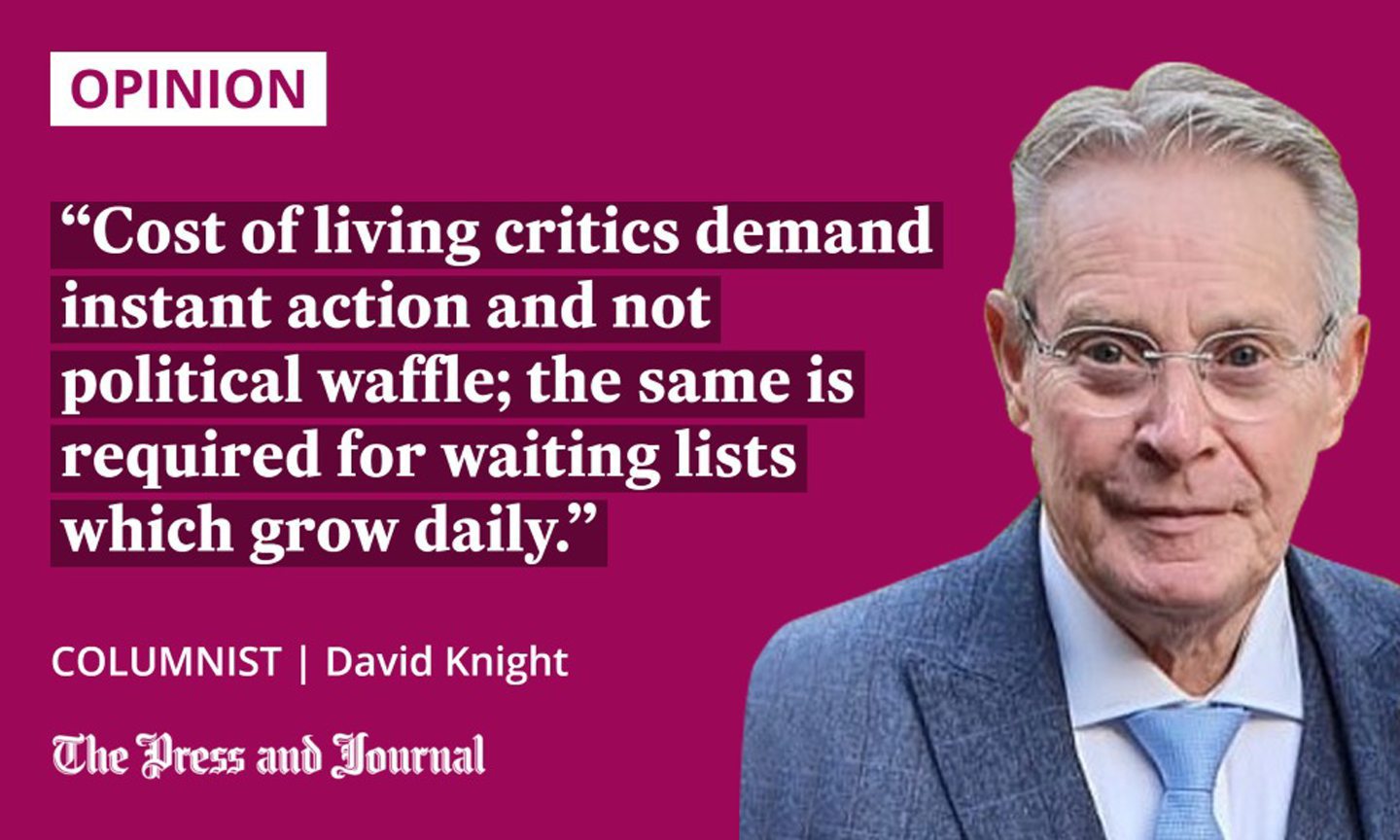
Rules are rules – if only in the NHS and nowhere else post-Covid – and I was not getting past the door, yet.
There might be a carefree “Club Tropicana drinks are free” vibe in our new maskless world outside, but not in hospital.
This was a big day for us, as we headed for Woodend at an unearthly hour when some people were still trying not to think about getting up. It was our “hip-op hooray day”: my wife was having her hip replacement operation.
It had been a grim and tearful wait of more than two years.
Tens of thousands are in the same boat – consigned to a non-Covid stockpile of pain and anxiety. From cancer to hip patients, they are all marooned on a neverending waiting list from hell, in desperate need of elective surgery.
When NHS shutters came down on all normal activity apart from emergencies, to make it fighting fit for Covid, non-Covid cases began piling up simultaneously. These patients feel abandoned and forgotten, as political focus shifts to partygate, the Ukraine war and the cost of living crisis.
An escape route from misery
I remember vividly the day the NHS put up the barricades to protect itself.
It was March 2020, and my wife was due to have the first scan on her hip. A few hours before the appointed time, an apologetic senior nurse phoned to say it was cancelled indefinitely.
We were distraught and virtually begged her to let us in; it was the pain, you see. But, our tears were in vain, like raindrops dripping off a window.
It reminded me of desperate people trying to get on the last helicopter out of Vietnam as the US exited that war. This flashed through my mind again as we scrambled around, half-asleep, at 5.30am.
It was a feeling of dread mixed with elation for my wife, whose tears of pain used to keep us awake in the dead of night.
Her lottery ticket had come up – a golden pass to surgery and an escape route from misery. It was like that moment you finally sit down in your seat on a holiday jet after battling through the stress and general awfulness at airports. We had made it, at last.
It almost goes without saying that, once inside the wonderful Woodend, the surgeons and other medical teams were marvellous. This is always the case, isn’t it? And I could visit when I liked.
Extraordinary skill and empathy
The problem is with the system: a combination of political funding issues, questionable NHS management and staff shortages.
My wife discovered that several other patients were in the same two-year bracket for treatment. Cost of living critics demand instant action and not political waffle; the same is required for waiting lists which grow daily.
The frontline heroes were showered with praise by grateful patients. But they couldn’t keep everyone happy
What we can admire is the extraordinary skill of surgeons, like our orthopaedic medics.
My wife stayed awake in the operating theatre, thanks to a spinal anaesthetic. But she thought they had the builders in next door due to the amount of drilling, sawing and hammering going on.
Then the penny dropped – the sound was coming from her own hip, which was getting a new extension of sorts. Painless, too, in case these little details put you off.
At the other end of the medical hierarchy, we found another group to admire: the brigade of trainee nurses, seconded for literal hands-on experience from their Robert Gordon University courses.
They offer basic support for routine tasks, but gain valuable lessons.
One confided in us that, wherever her career took her, she never wanted to forget that patients had real feelings and were not just numbers in a system. Something to remember for politicians and NHS bosses, who must perform better on waiting lists.
As my wife handed goodies to nurses in appreciation of their care and devotion, I studied a big noticeboard plastered with stick-on messages.
The frontline heroes were showered with praise by grateful patients. But they couldn’t keep everyone happy.
My eyes were drawn back to one message of dissent stuck in the middle. I could sense the heartfelt anguish. It read: “Please take tomato soup off the menu.”
David Knight is the long-serving former deputy editor of The Press and Journal

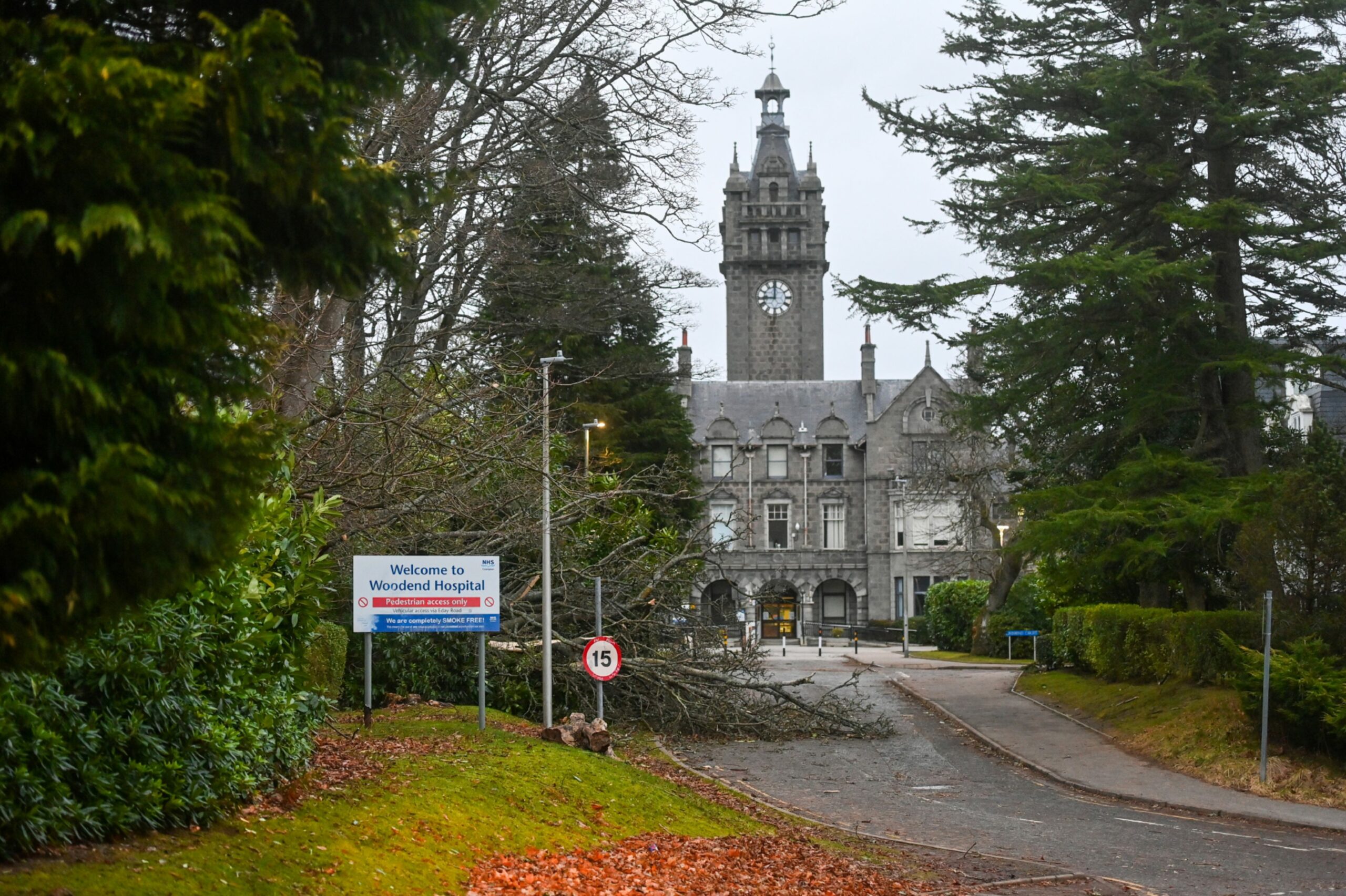
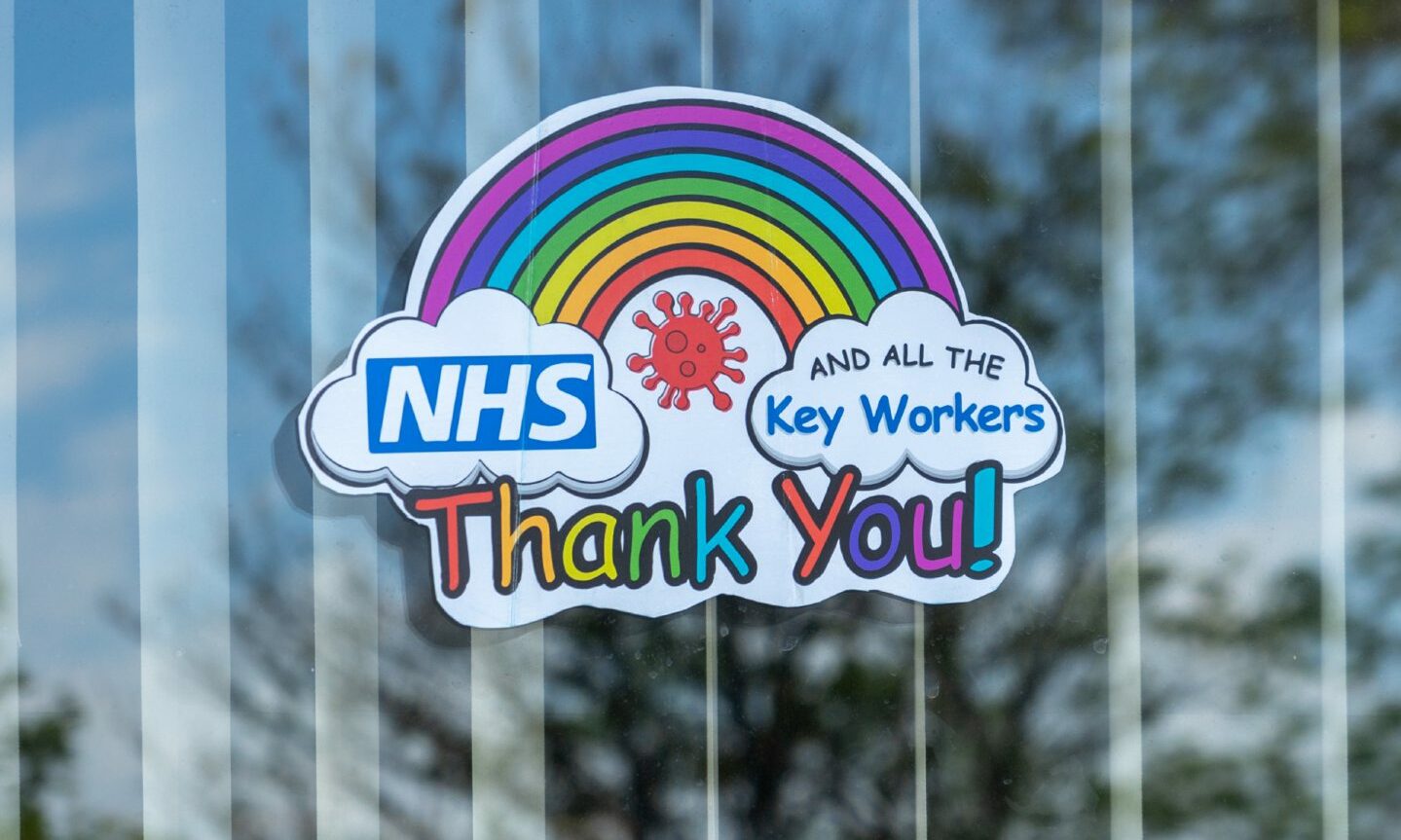
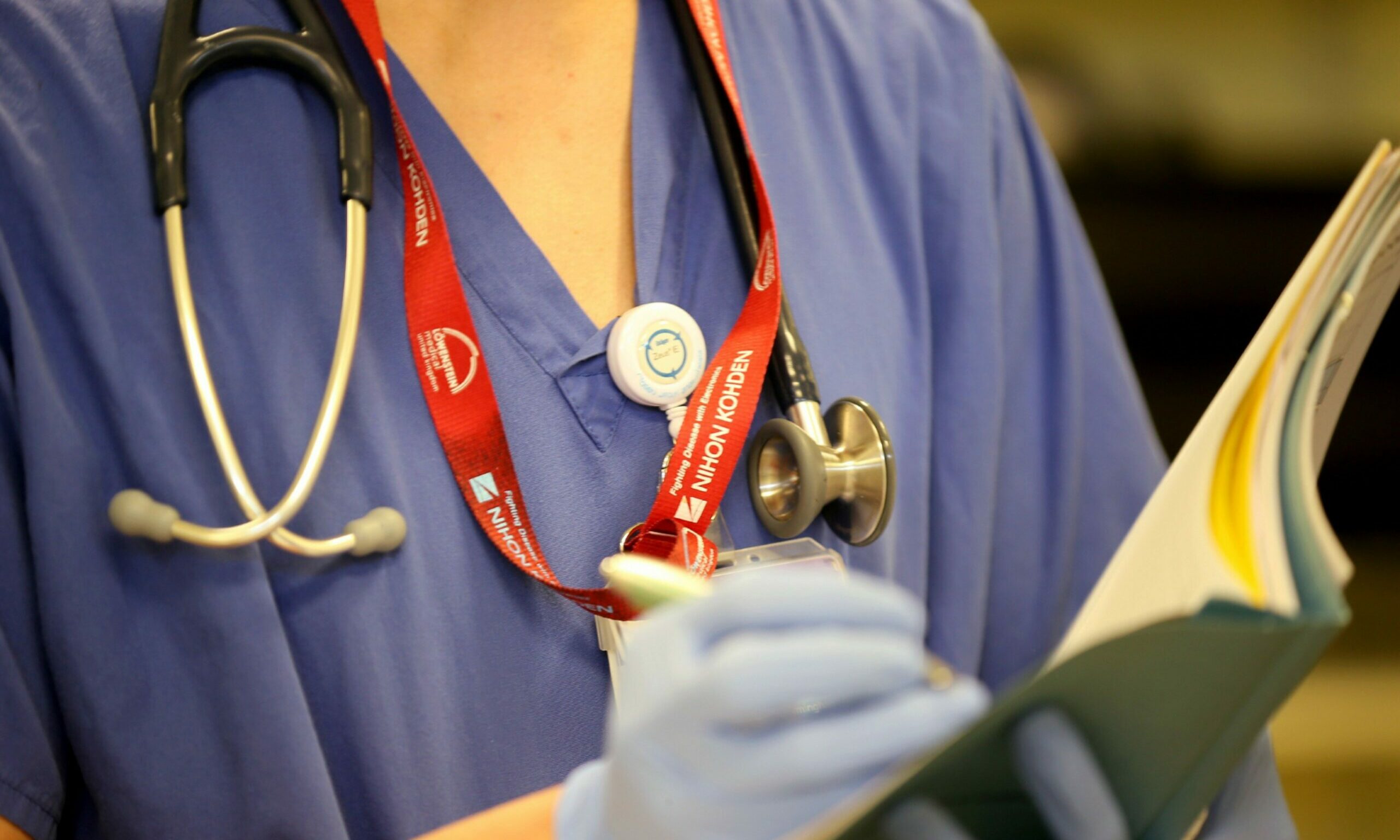
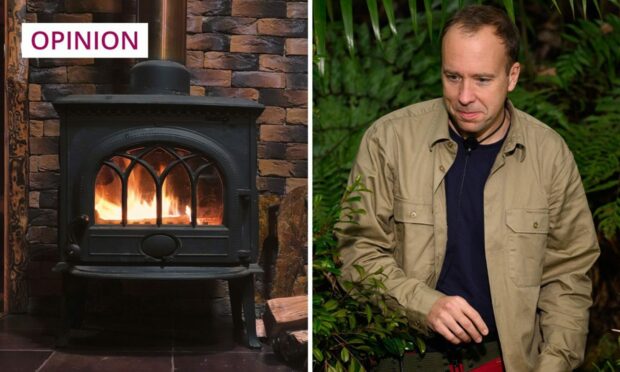



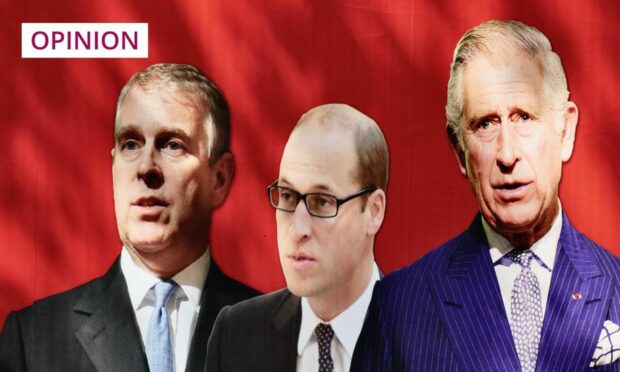

Conversation